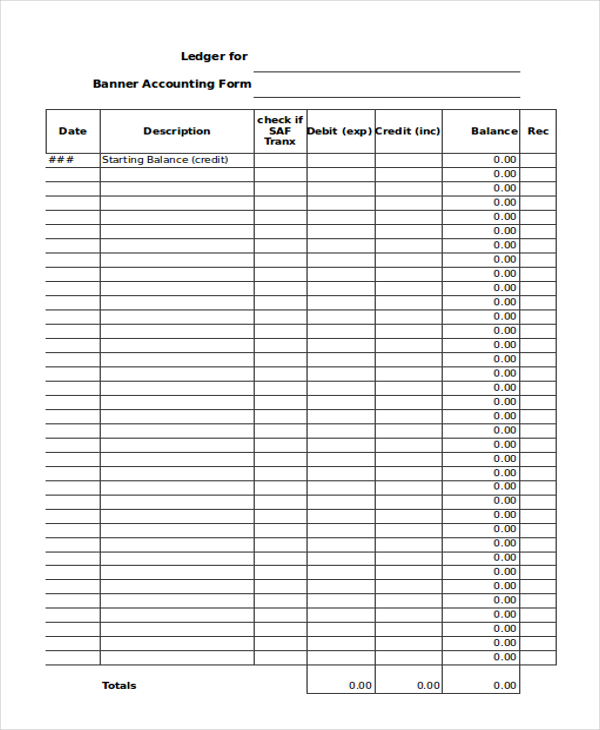

#Bookkeeping examples trial#
This method uses the concept of trial balance which makes maintenance of books a much simpler process.

With double-entry bookkeeping, you can minimise financial frauds.At the end of each financial cycle, the debit section entries should be equal to the credit section amount. While debit would be made to one account, credit would be made to another account. In this, two entries are made for each transaction. Most prominent companies prefer the double-entry bookkeeping method. Single-Entry bookkeeping is susceptible to financial fraud.In several instances, this method might not reflect the actual profit and loss of your business.The system is marred by lack of arithmetic accuracy.Single-Entry bookkeeping is beneficial for small companies as it eliminates the need to hire a third-party resource for maintaining books.ĭisadvantages of Single-Entry Bookkeeping.The method is simpler to understand and execute by even those employees who have a minimum understanding of bookkeeping.This method is generally preferred by those companies that make use of cash basis accounting over accrual accounting. You make an entry as soon as a transaction is completed. Single-entry bookkeeping can be understood as maintaining a cheque register. Bookkeeping is an essential part of the accounting process. The process of accounting involves preparing financial statements.Īccounting uses information recorded by bookkeepers for creation of financial reports.īookkeeping and accounting are used interchangeably but are slightly different from each other. Management cannot take business decisions solely with the help of bookkeeping tool.Īccounting is at the heart of all critical financial decisions.īookkeeping does not involve preparing financial statements. Summarizing financial transactions as part of ledger account. What is the difference between bookkeeping and accounting? Parameters Evidence can include invoices, bills, purchase order, etc., which can prove that the transaction took place. Each record of a financial transaction is supplemented with the help of evidence. What is the difference between bookkeeping and accounting?īookkeeping is the process of recording each financial transaction made by an organisation right from when it started till the time it closes the shop.


 0 kommentar(er)
0 kommentar(er)
